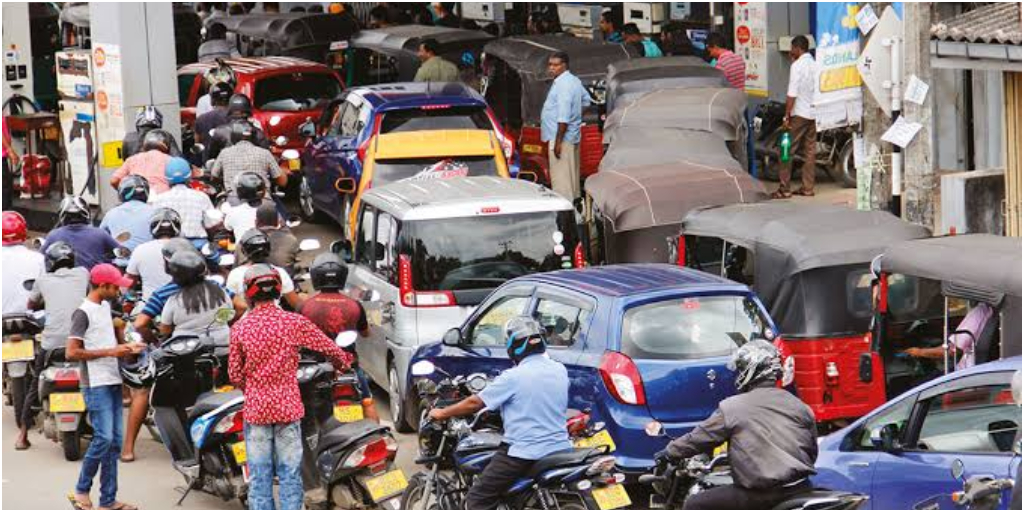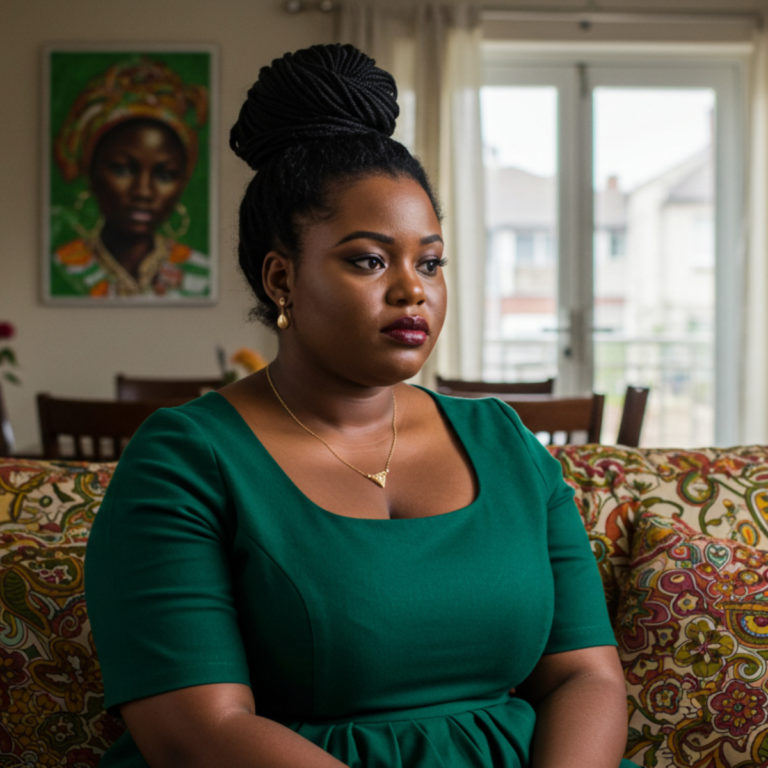If you’ve been angry about the ongoing fuel scarcity, brace yourself for the worse, as filling stations nationwide might raise their prices soon. The NNPC recently admitted to owing its petrol suppliers $6 billion, partly why fuel queues have persisted nationwide.
These Nigerians, who are still struggling with the subsidy-driven price hikes, share how another fuel price increment will affect their livelihoods.

Hakeem | Food Business Owner | Monthly Income: ₦500k
I recently opened a physical store, and we’ve been without electricity for nearly two weeks due to connection issues. In that time, I’ve spent over ₦120k on fuel, and that’s with a strict schedule I devised to limit generator use. Running the gen 24/7 would cost even more. The fuel scarcity has worsened, sometimes forcing us to buy from the black market at ₦7k for 5 litres. My worry is if I’ve spent this much in two weeks at the current price, how much more will I budget for fuel in future when they increase the price? These people make running a business harder than it should be. It’s so annoying.
Kenny | Remote Worker | Monthly Income: ₦300k
Thankfully, I haven’t spent much on fuel in the past three months, so I haven’t paid much attention to fuel scarcity. There’s been good, consistent light in my area—24 hours most days. Before this, I spent around ₦40k weekly on fuel, a big jump from the ₦20k I used to spend before the subsidy removal. It’s frustrating to think a large chunk of my income goes to fueling my generator. I’m just praying the electricity stays stable because I can’t imagine spending more than ₦40k on fuel if prices go up again.
Chinaza* | Phone Technician | Monthly Income: ₦200k
I’m still struggling to adjust to the fuel price hike since the subsidy was removed. Apart from fixing phones, I run a device charging station that requires constant power. Before the subsidy removal, I budgeted ₦30-35k for fuel each month, which doubled after the price hike. I had to increase my charging rates, which reduced the number of customers. Some used to charge their devices multiple times a day, but now, they do it once and stretch it out. If fuel prices go up again, I’ll have to raise my prices, or I’ll run at a loss. As much as I hate to admit it, I make the most money when there’s no light. But this fuel crisis has tanked my business.
Tayo | Private Cab Driver | Average daily income: ₦45k-50k
My main worry is that another price hike will make black market fuel even more expensive.
I spend about ₦45k-50k to fuel my car for two days, but I sometimes pay more for less fuel when buying from black market sellers. Lately, they’ve been my go-to. I have a theory that many Lagos filling stations tamper with their meters, so even if they sell at ₦650 per litre, the quantity is less compared to what I get from black market sellers at ₦1k per litre. I’d rather pay more than waste time in the long queues at filling stations. Right now, black market sellers charge ₦7-8k for five litres of fuel. I usually buy about 20 litres from them for ₦40k, and it’s not because I want to. As a cab driver, time is money. The hours I’d spend queuing at a filling station could be spent completing trips. If fuel prices go any higher, turning a profit will only get tougher.
Akin | Writer | Monthly Income: ₦300k
Another fuel price hike feels like the government saying, “screw you.” It means I’ll have to rely more on NEPA, which isn’t exactly dependable. Over the past year, most of my spending has been on food, fuel, transportation, and other essentials. In a heavy month, fuel takes up at least N70k of my ₦300k income because I work from home sometimes. That ₦70k doesn’t include what my brother, whom I live with, contributes on the days I don’t cover the fuel costs.
Read this next: Yet Another Fuel Scarcity: How Are Remote Workers Coping?




